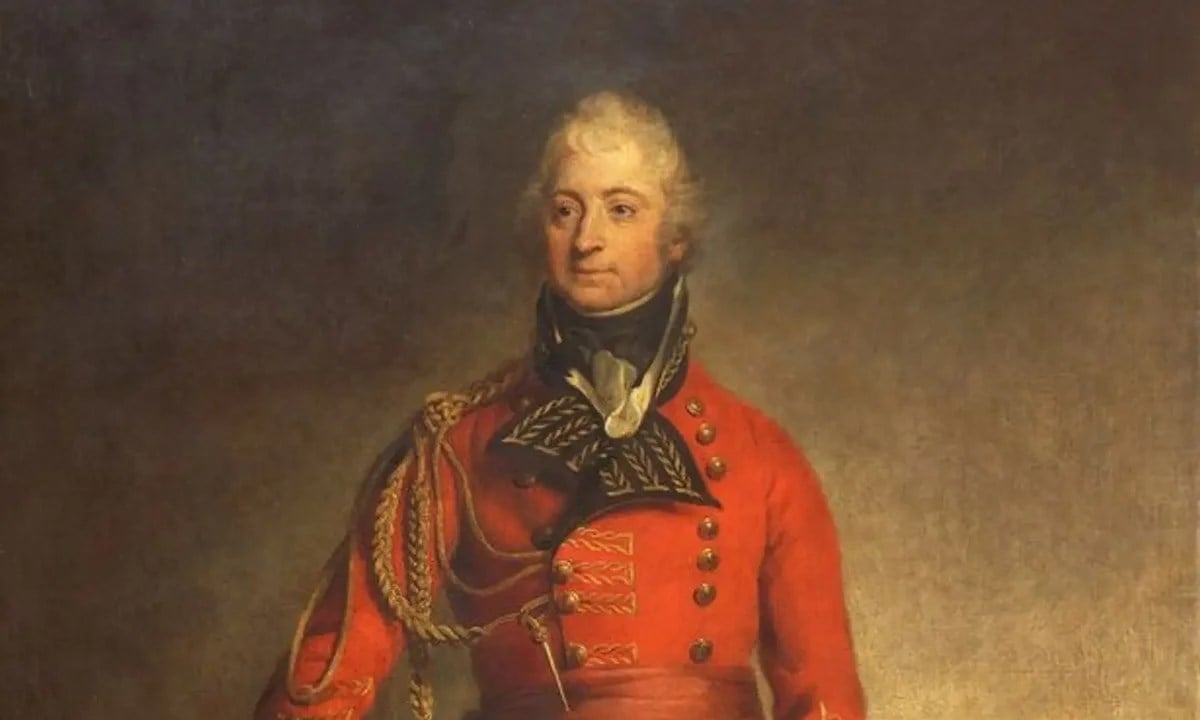Controversial portrait of slave trader rehung at Cardiff Museum
The portrait of Thomas Picton, a Welsh officer and slave trader, was taken down last year in the wake of the Black Lives Matter movement.
-

Portrait of Lieutenant and slave trader Thomas Picton (The Art Newspaper)
A highly controversial portrait of Lieutenant and slave trader Thomas Picton, which was removed last year from the National Cardiff Museum, was placed back on display in the Reframing Picton exhibition, which provides “additional information and context about Picton’s legacy," museum officials claimed in a statement.
The portrait created by Sir Martin Archer Shee was on display for more than 100 years in the Faces of Wales gallery at the museum but was taken down late last year in the wake of the Black Lives Matter protests.
Read more: UK: Debate breaks out after acquittal in slave trader statue case
Picton came to public attention due to the cruelty he exercised during his governorship of Trinidad (1797-1803) after which he was put on trial in England for approving the unlawful torture of a 14-year-old girl named Luisa Calderón.
Although initially convicted, Picton had overturned the charges by arguing that Trinidad was subject to Spanish law, which permitted the use of torture.
The Reframing Piction Exhibition is on display in galleries till September 2023.
It is the culmination of over 2 years of community outreach between Amgueddfa Cymru and the Sub Sahara Advisory Panel.
When asked about the fate of the Picton work once the exhibition ends, a museum spokesperson said, “The portrait will remain as part of Wales’ national art collection and will be kept stored in our specialist art store when not on display. As the piece is a part of Wales’ national collection under Amgueddfa Cymru’s care, the museum will find a new context in which to display the portrait in the future.”
Read more: Charles Gains' art project unravels US deep colonial roots

 2 Min Read
2 Min Read








